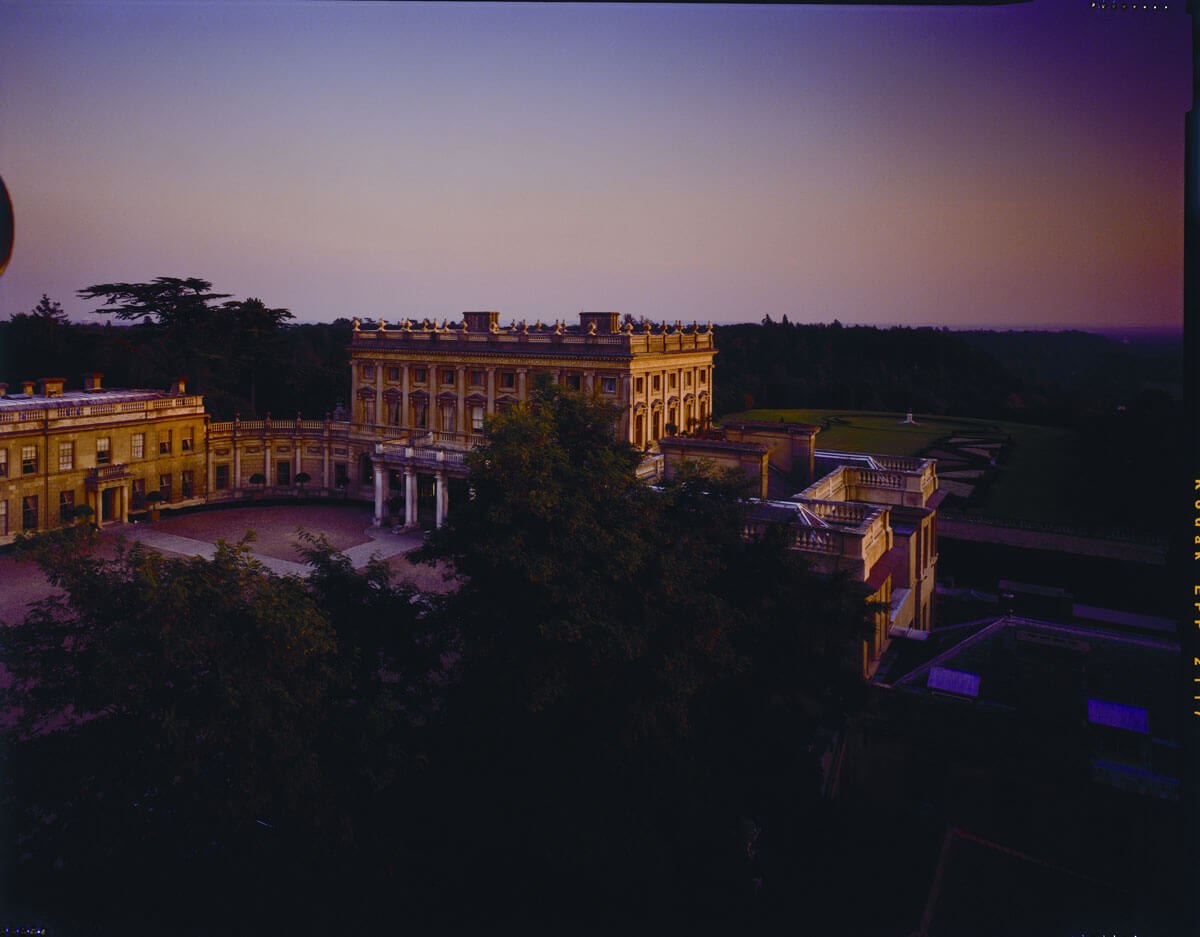
Cliveden House has played host to some of the most famous names in literature
This weekend, Cliveden house hotel just outside London will reverberate to the musings and debates generated by the world’s newest literary party.
Speakers and panel moderators read like a who’s who of modern historical, literary and political writing: Simon Schama, Robert Harris, Simon Sebag Montefiore, Anne Applebaum, Robert Service, Lady Antonia Fraser, Ian McEwan, Sebastian Faulks, Daisy Goodwin…
But the Cliveden Literary Festival is not really a parvenu to the world of literature: it is more the regniting of a remarkable and long history of a house that was first made famous by the Profumo sex scandal, which brought down a British government in the 1960s.
The festival is the brainchild of Natalie Livingstone, a Cambridge-educated bestselling author (and former Condé Nast writer), who, along with her husband Ian, owns the lease on the house. LUX Editor-in-Chief Darius Sanai talks to Livingstone about why she’s doing it.
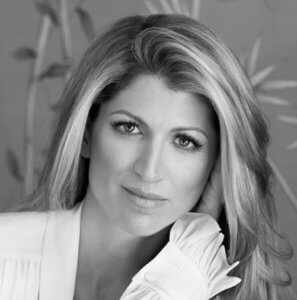
Nathalie Livingstone
LUX: Why did you decide to start the Cliveden Literary Festival?
Natalie Livingstone: The literary festival originated from the research from my book (The Mistresses of Cliveden) when I was finding about all these incredible women in Cliveden’s history. I had expected in the course of my research to find lots of great figures from British history, from Queen Victoria to Winston Churchill. But what I hadn’t expected was to find so many literary giants. It was incredible. Right from its inception in 1666, Cliveden has been a magnet and a muse for really great writers, from Alexander Pope, to Jonathan Swift, to Tennyson. Anyone who was anyone from the global literati was a guest at Cliveden. George Bernard Shaw, J M Barrie, Rudyard Kipling – the list goes on. So the literary festival is about reviving that tradition and evoking the spirit of these incredible writers and hopefully writing a new chapter in the history of the house.
Follow LUX on Instagram: the.official.lux.magazine
LUX: Was it a challenge to get a critical mass of authors to take part?
Natalie Livingstone: No, amazingly. I think it is a testament to the allure and seductive quality of Cliveden. Absolutely no one said no! It was my dream list and every single person on the list said yes.
LUX: You studied history and not literature. Are you a historian? Are you a writer?
Natalie Livingstone: I don’t really think I’m either. I studied history and I am passionate about history. I would love to consider myself a writer, but I don’t really think you are ever a true writer until you’ve written more than two books. So, neither at the moment, but I hope one day I will be.
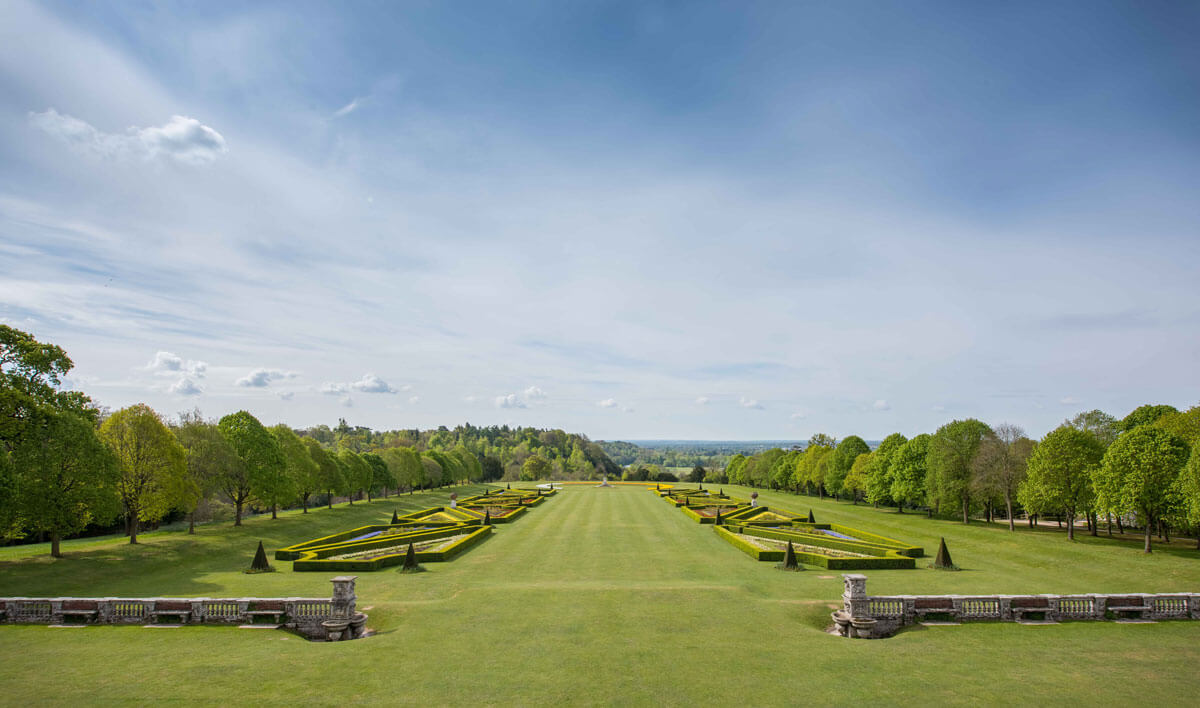
The grounds of Cliveden House
LUX: Eighteenth, nineteenth and twentieth century society revolved around authors to a large extent. Now with the rise of social media, everyone is writing something, even if it is twenty words on Twitter. Do authors have the same influence as before?
Natalie Livingstone: I think the written word is always going to have huge amounts of influence. Where that written word is published and whether it is 140 characters on Twitter to a tome written by Niall Ferguson, I think writing is still incredibly influential. I suppose that is part of a wider discussion on books, internet and magazines. But I believe the written world is still as influential as ever.
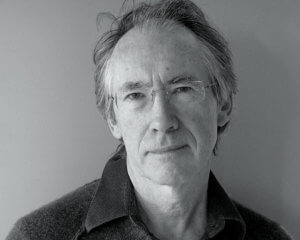
Author Ian McEwan, a speaker at this year’s festival
LUX: The literary salon used to be the centre of polite and influential society. However nowadays, everyone is clustered around contemporary art, when artists used to be seen more as outsiders. Artists are now very rich, collected and celebrated. Do you think authors have been pushed to one side by art?
Natalie Livingstone: No, I think it is all part of the wonderful mix of the arts. I don’t think authors are incredibly lucky and respected and still have huge fan bases.
LUX: What excites you most about the festival?
Natalie Livingstone: Everything! The whole concept of the festival and the idea of being able to restore Cliveden as this literary salon, as well as the incredible collection of names. It is everything from beginning to end that is beyond exciting. So many of my dream dinner party guests are talking at the festival, so for me personally it is like having my dream dinner party realised.
Read next: Lucian Freud’s etchings at Martin-Gropius-Bau, Berlin
LUX: What makes it different to something like Hay Festival of Literature and the Arts?
Natalie Livingstone: It is much smaller and is more of an intimate experience. You have a real opportunity to mix with the writers. There is a drinks reception on the Saturday night, where people will be able to meet their favourite writers. Of course, there are these incredibly historic surroundings. The idea of having these wonderfully exciting writers speak in the Great Hall of Cliveden is magical.
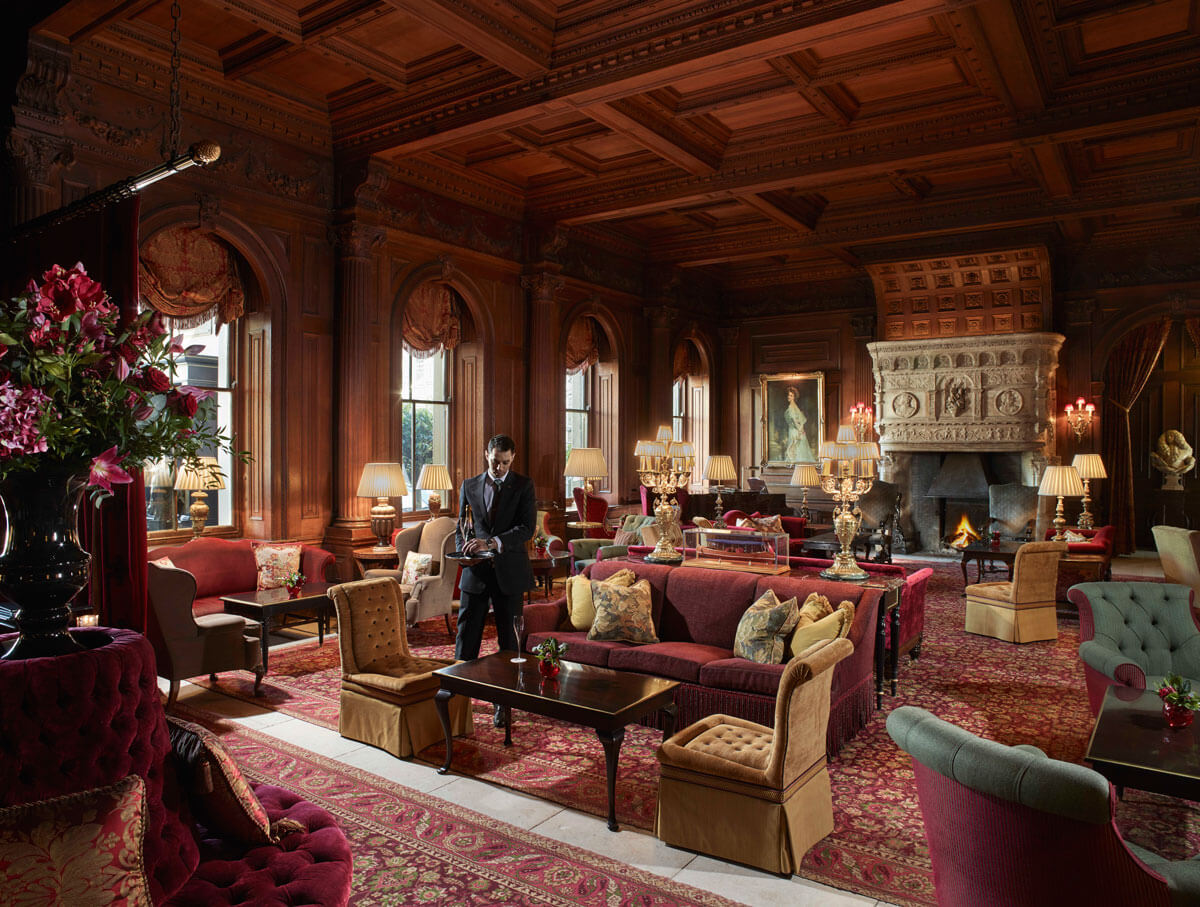
The Great Hall at Cliveden House
LUX: For you personally, is there a genre of books that is particularly interesting and why?
Natalie Livingstone: I love historical biography, because I could never get bored of dissecting people.
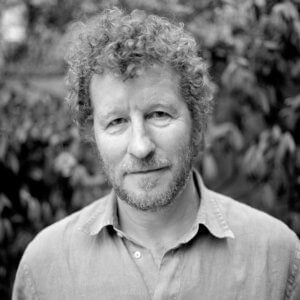
Sebastian Faulks, another speaker at the festival
LUX: Do you have any favourite authors?
Natalie Livingstone: Every single person who is speaking at my festival is one of my favourite authors!
LUX: You are very diplomatic. If you could choose to hold a literary festival anywhere in the world, where would you choose?
Natalie Livingstone: Cliveden! It has the history and the allure, it has the grandeur and space. It has the authenticity and it completely lends itself to a literary festival, which is why I have chosen it.
LUX: Do you and your husband have any other plans for Cliveden?
Natalie Livingstone: We really want to do the right thing by Cliveden. We have so much love, respect and passion for Cliveden and we care about it so much as a project – we just want to do the very best for it. We want to have the very best restaurant and bar, the very best literary festival. It is all about honouring that legacy and continuing it in the most respectful way possible.
LUX: What book would you take to Mars and why?
Natalie Livingstone: ‘Citizens’ by Simon Schama, because that ignited my passion for history.
clivedenliteraryfestival.org
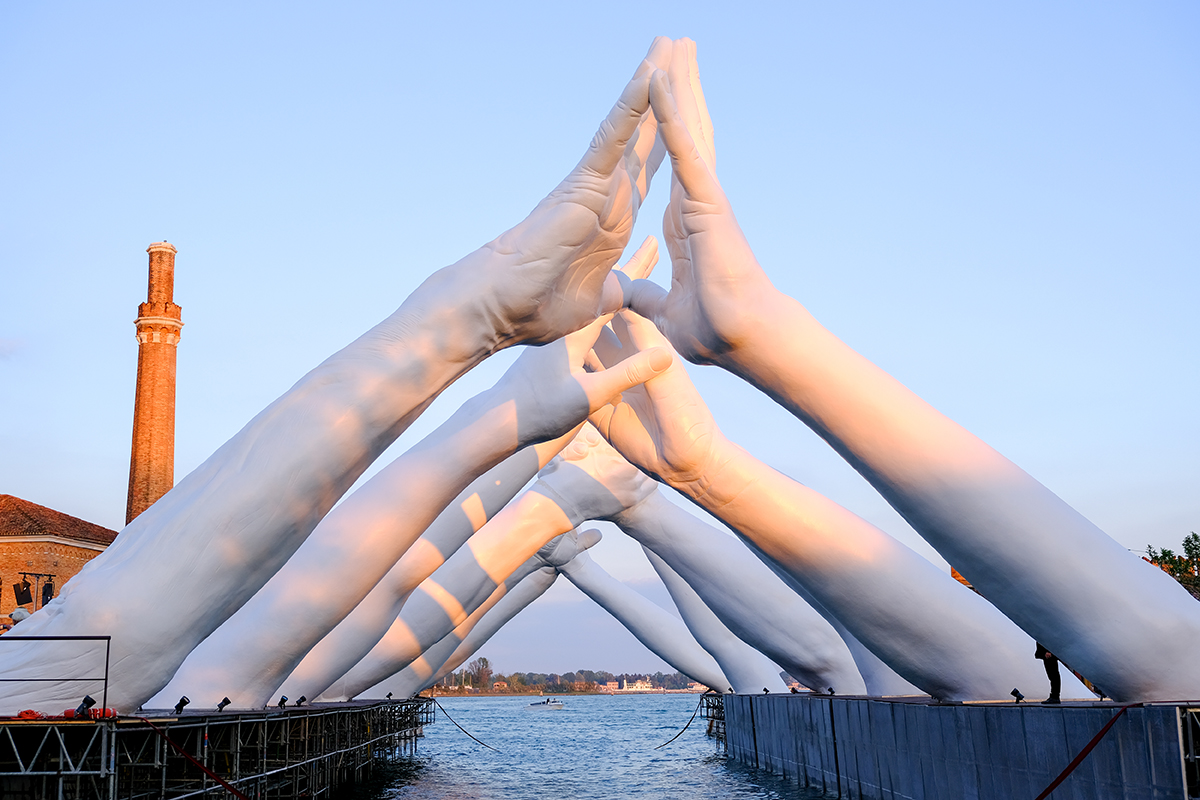
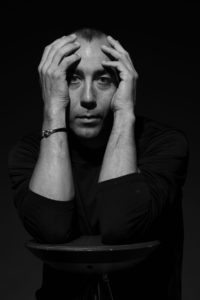
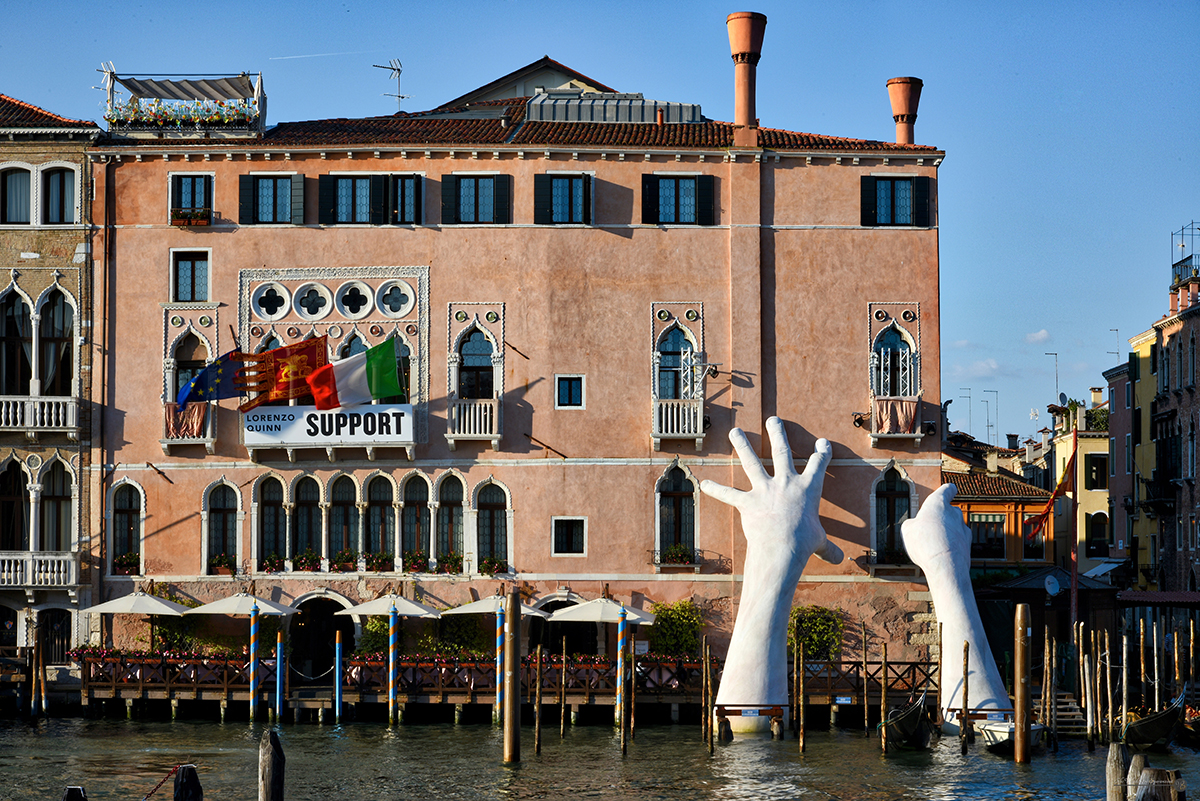
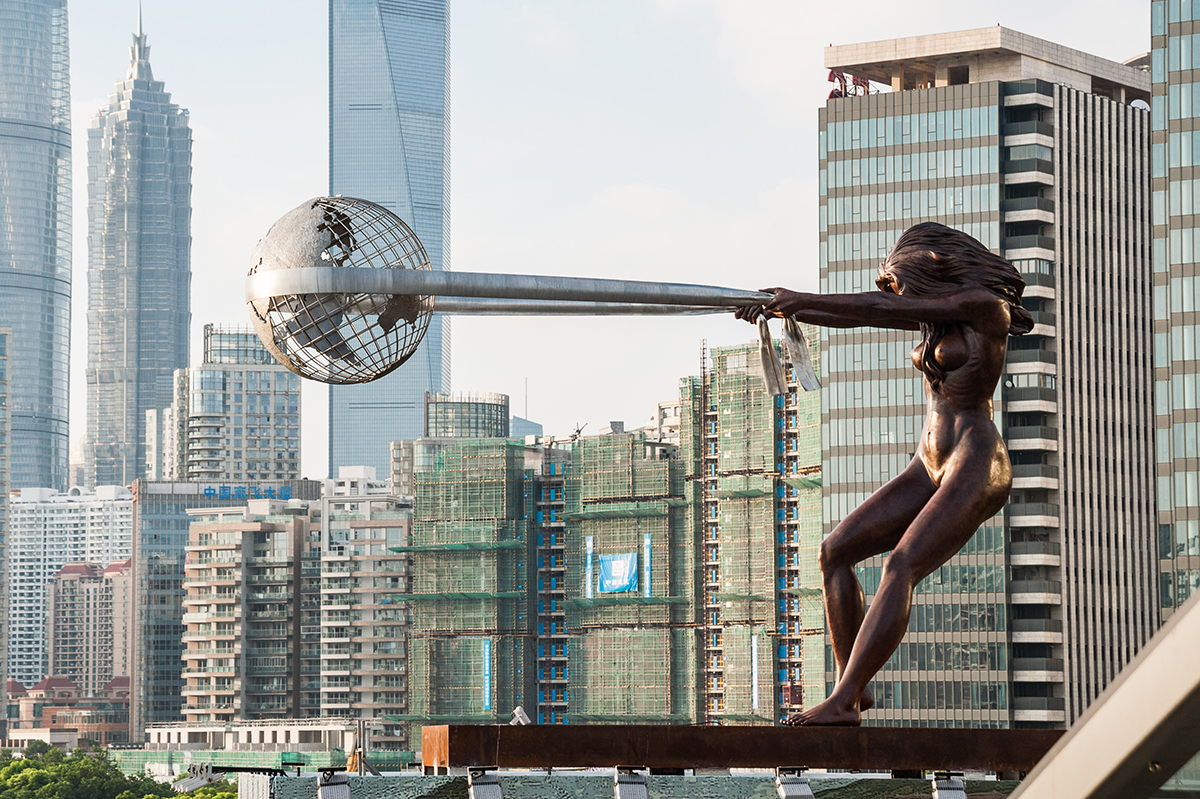

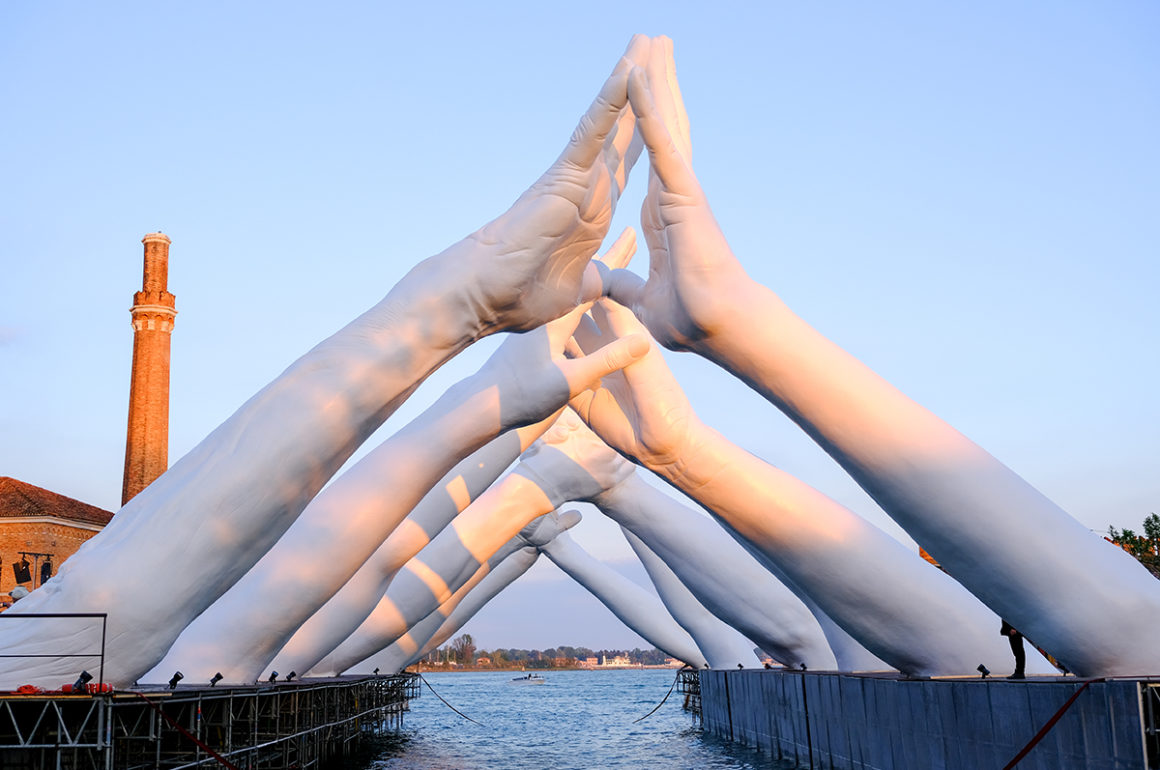
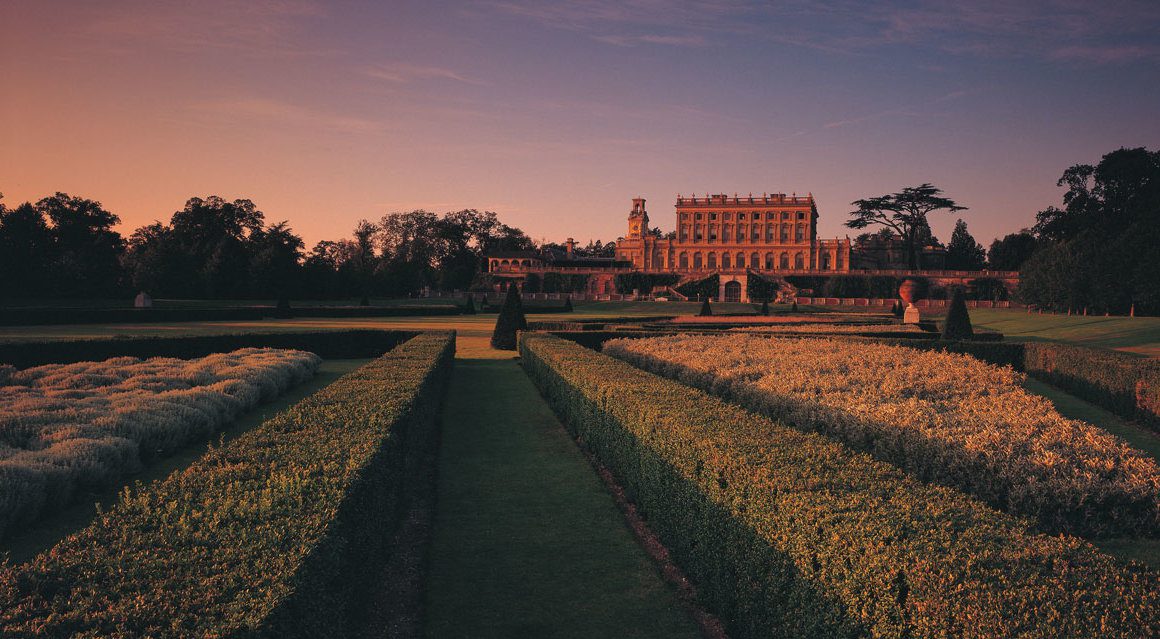






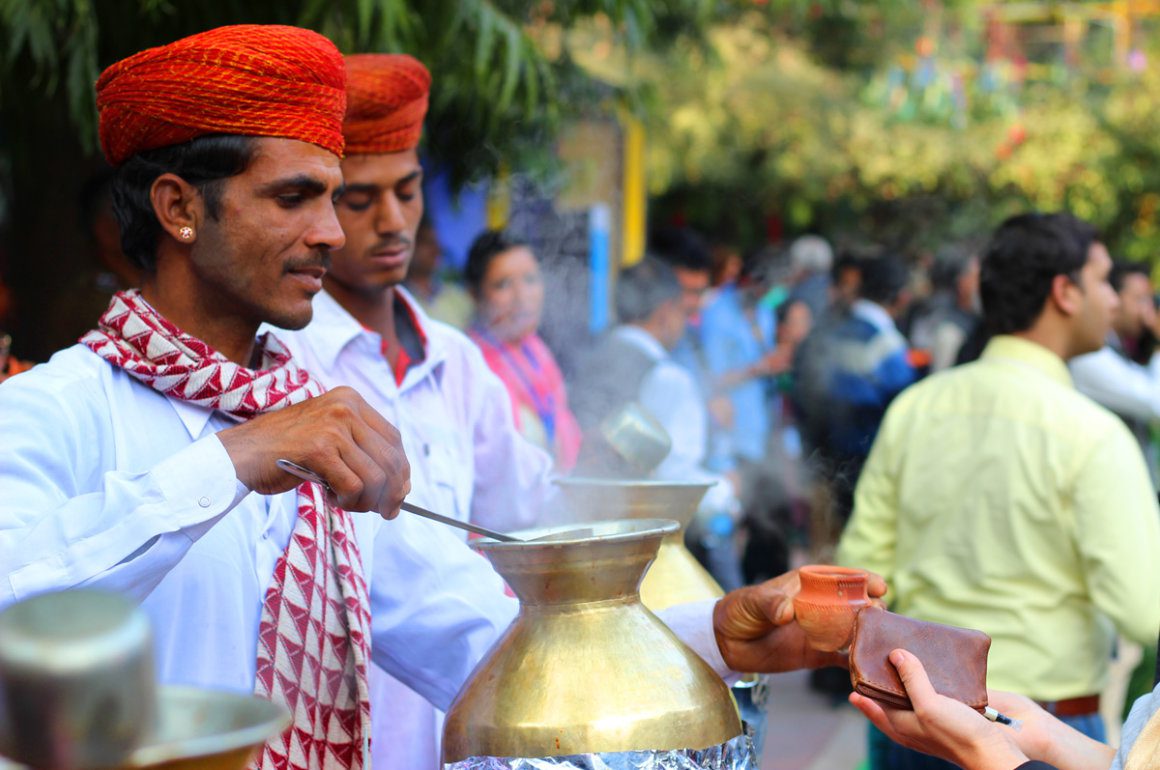






Recent Comments